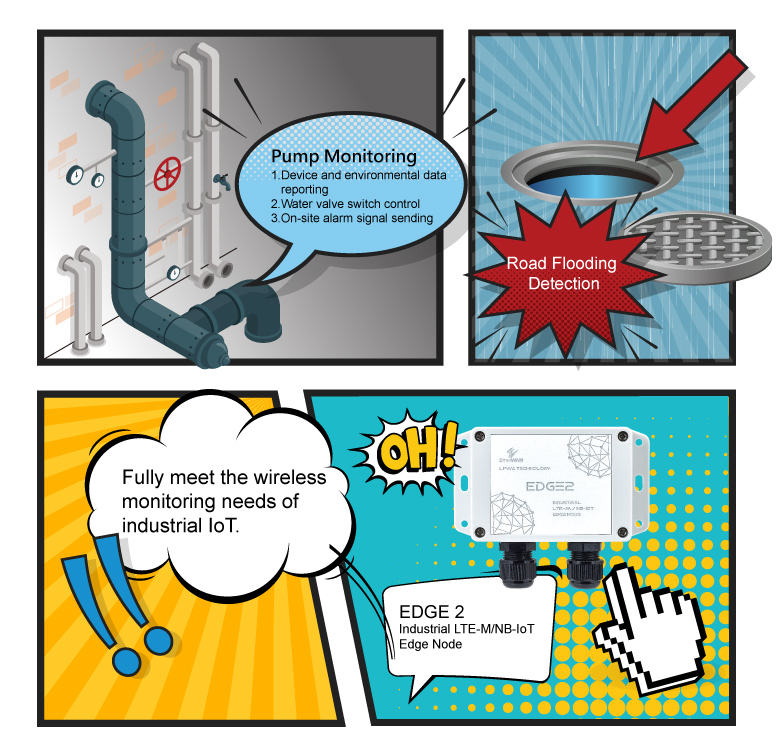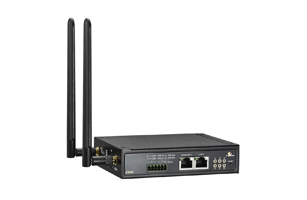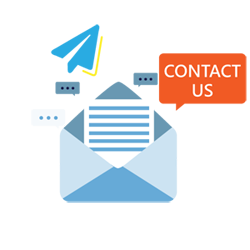Accurate data collection and stable network transmission are crucial to the success of smart disaster prevention

Taiwan is surrounded by the ocean and has a flat terrain, which often leads to flooding during typhoons and heavy rains. The government is actively promoting disaster prevention and early warning plans, including the establishment of a water monitoring network and the development of facilities such as flood sensors and image recognition systems. Flood sensors, which utilize smart sensing components and communication modules under IoT architecture, are a new weapon that provides real-time and accurate detection of flood situations.
Application of sensor data in emergency response
1. Emergency response personnel can access historical data of flood sensors through a dedicated system, and once the water level reaches a certain depth, it will be included in the disaster control list.
2. The system provides significant information to the public, allowing the public to access flood mapping, flood detection, and data history.
This is made possible through transmission technology, which combines front-end monitoring equipment with back-end information management platforms. Integrating flood warning models improve disaster prevention and response planning by reducing the response time and providing quantifiable and accurate information.
EtherWAN's EDGE2 series products offer a simple and scalable way to accelerate the deployment of IoT in smart flood prevention applications. They provide real-time and stable wireless LPWA solutions: LTE NB-IoT/Cat-M1 devices are deployed at different observation and monitoring sites to capture data from end sensors and meet the monitoring needs of flood prevention infrastructure. With only a basic configuration needed, the NBIoT/Cat-M1 network can be used quickly and stably to transmit data from on-site sensors/serial devices to the backend system for management and control.
In the architecture of a smart city, the formation of various convenient measures and mechanisms relies on the accumulation of big data. Data is collected through various sensors, data acquisition devices, and image analysis, among other methods. The data is then transmitted to the backend system for professional judgment and consideration through various network connection methods.
Considering the difficulty of obtaining power as well as the overall construction and maintenance costs of the project, the best network connection method for many applications is the "device/pipe/cloud" model.
How to choose your wireless product?
Simple, cost-effective options to consider
- Non-real-time data transmission, low data volume, and installation locations where it is difficult to obtain a stable external power supply.
- The monthly transmission and maintenance cost should be less than US$ 2. Consider using low-power and energy-efficient NB-IoT or Cat.M1 transmission.
Considerations for real-time data transmission are needed
- Real-time data transmission is required.
- If you need to connect to an IP camera, it is recommended to choose 4G LTE transmission.
EtherWAN products applied in IoT

1. What are the characteristics and differences between NB-IoT and LTE-M (Cat.M1)?

2. What factors need to be considered in addition to selecting a transmission method in industrial IoT applications?
- The factors to consider in industrial IoT applications, in addition to selecting the transmission method, include the installation environment, the difficulty of obtaining external power, the need for which edge devices, including whether there is an analog signal input interface, the data acquisition type, the method of transmitting data to the backend, and intelligent alert mechanisms.


